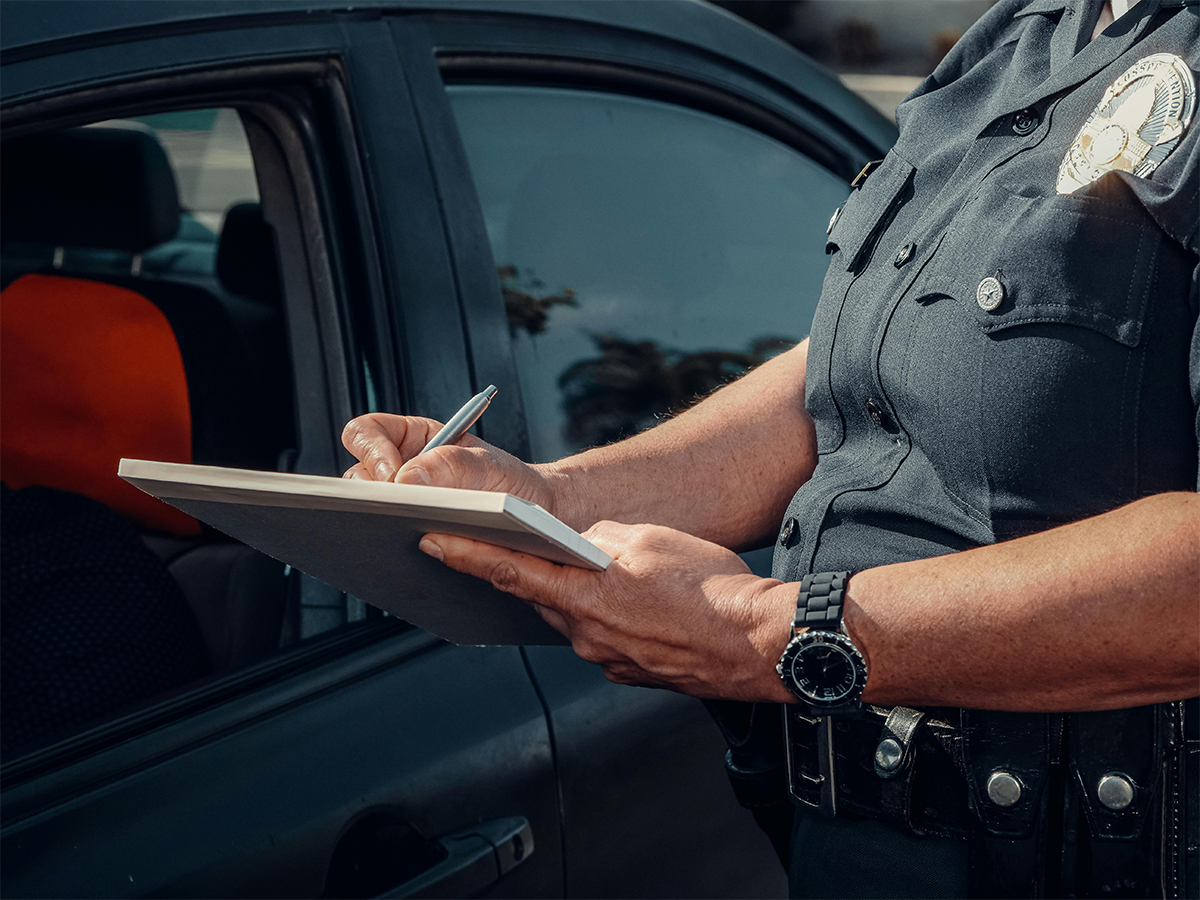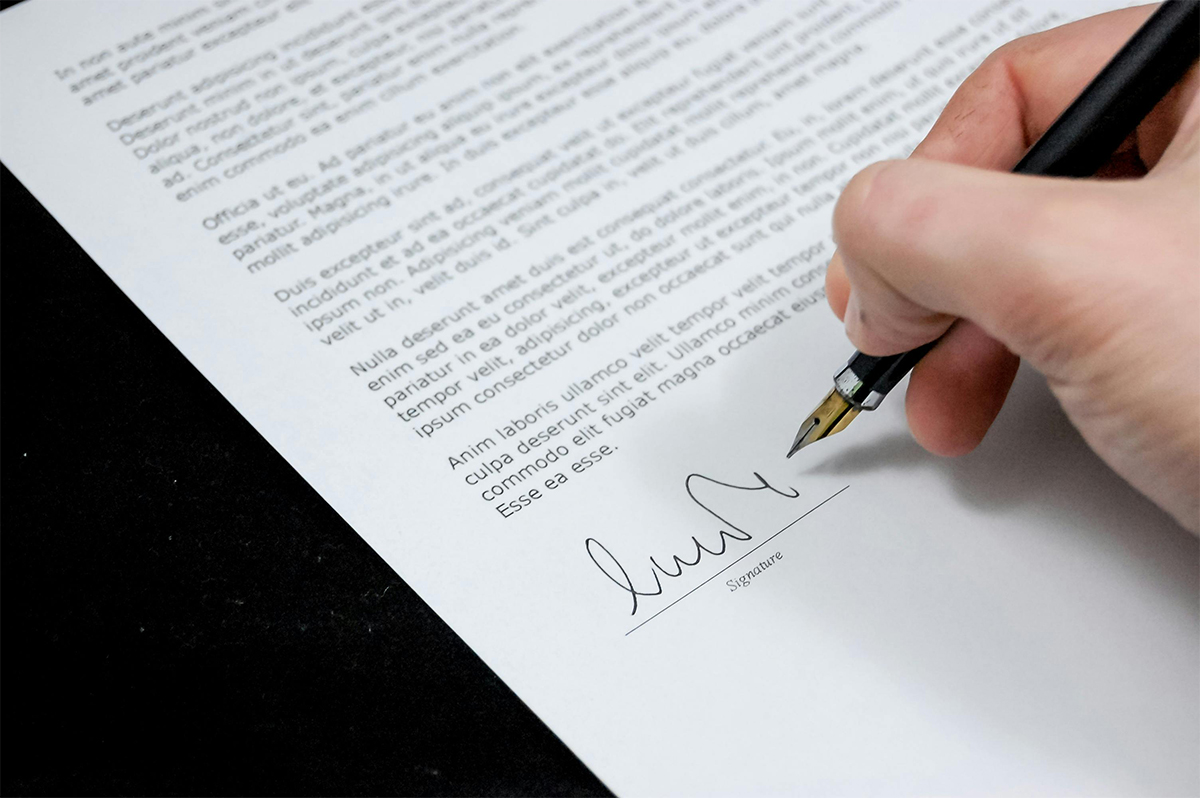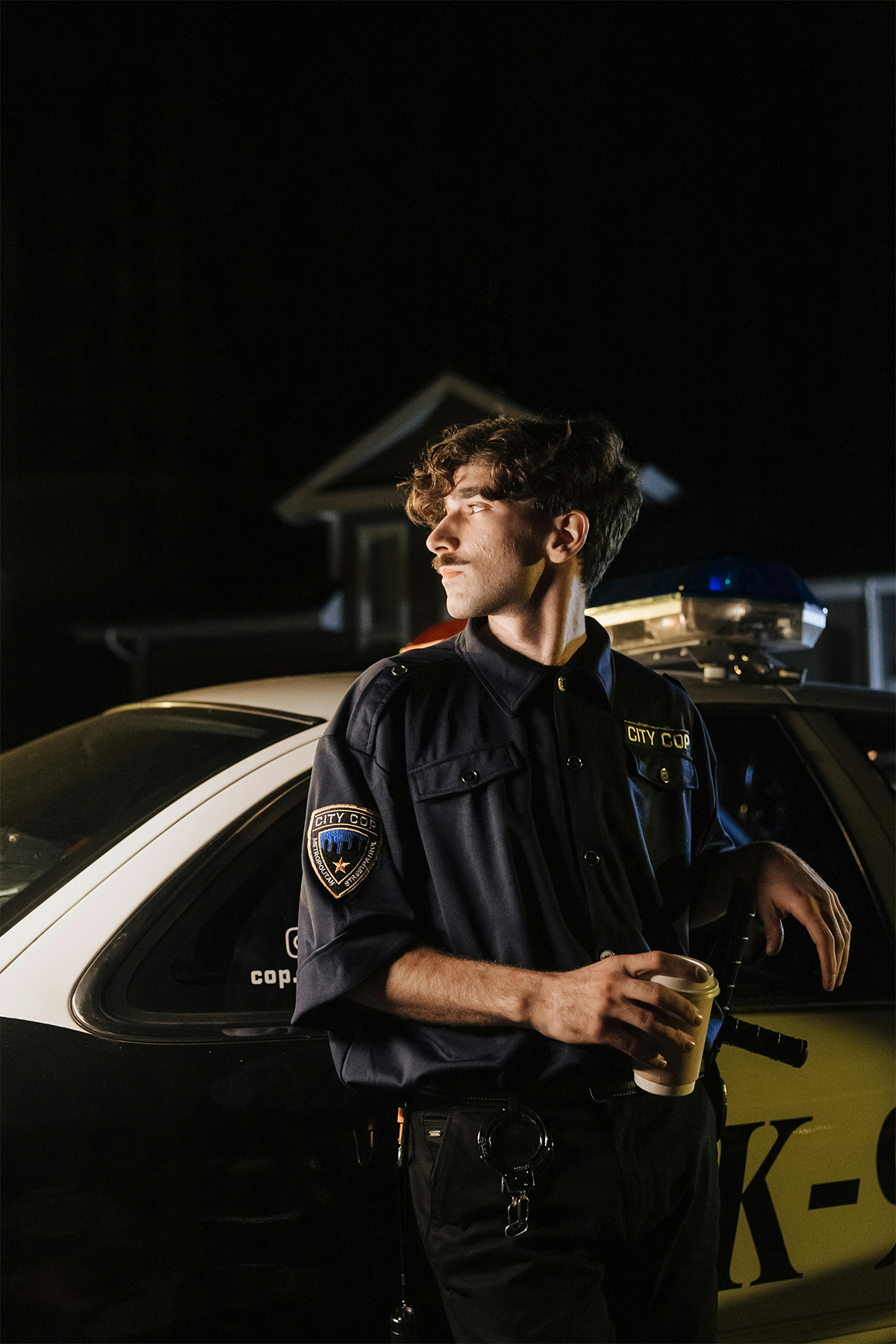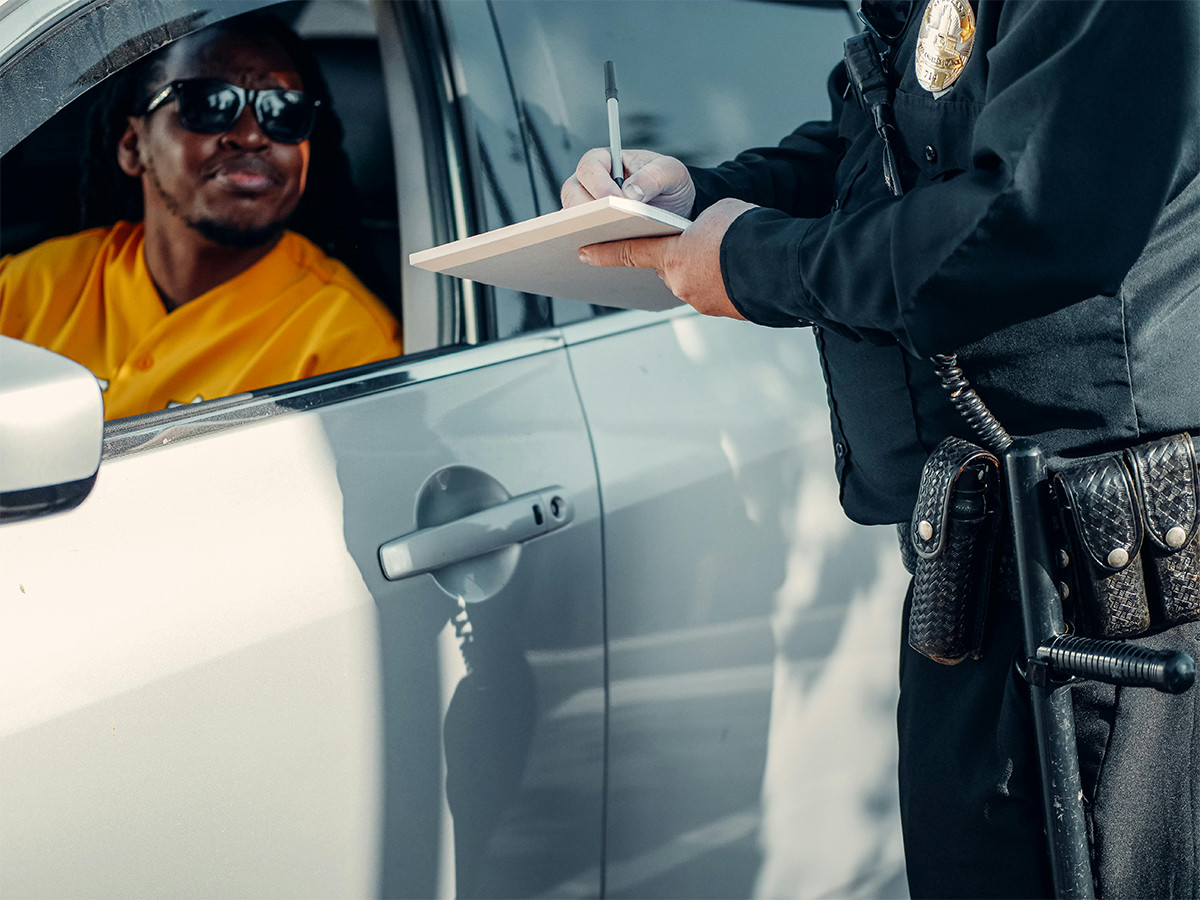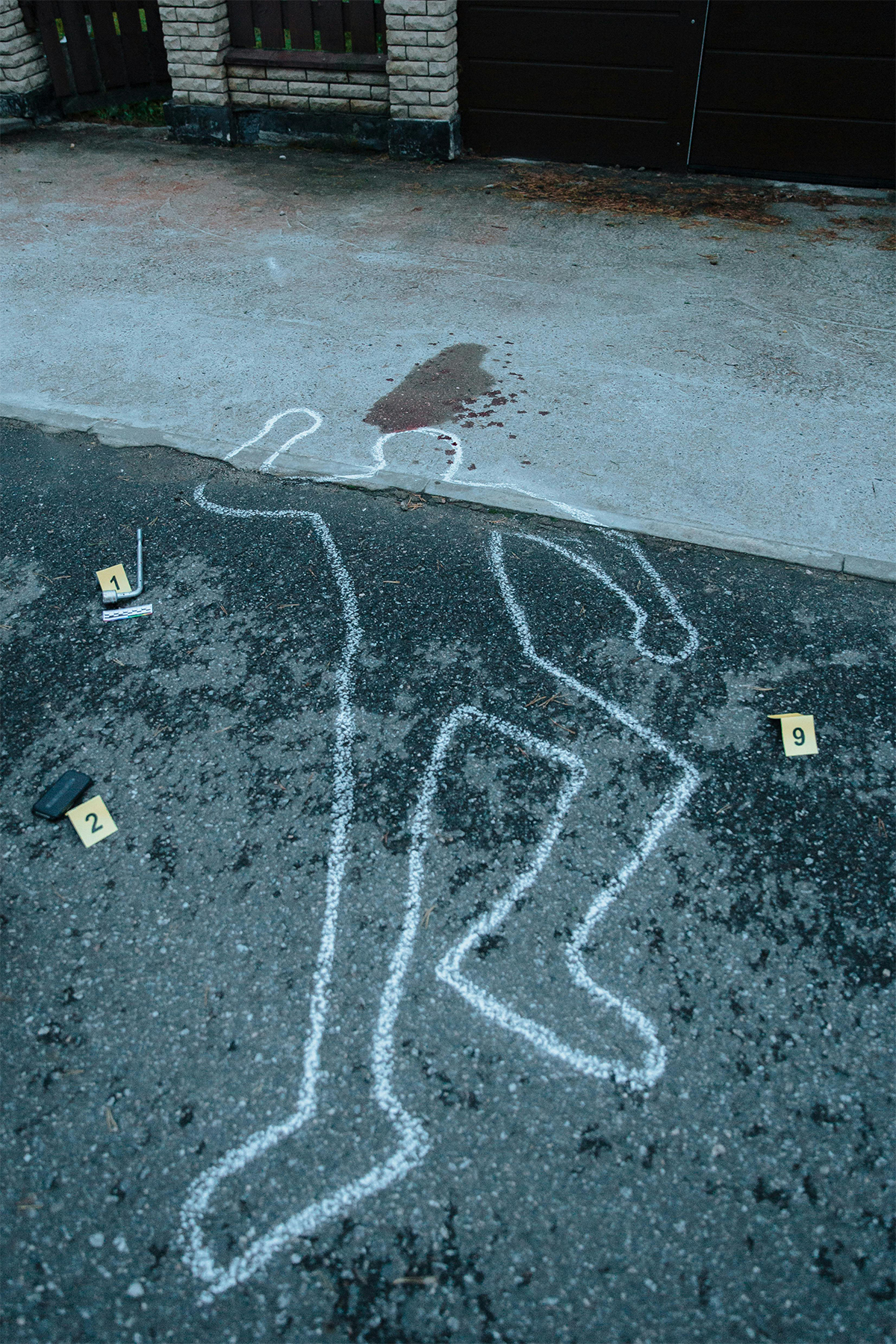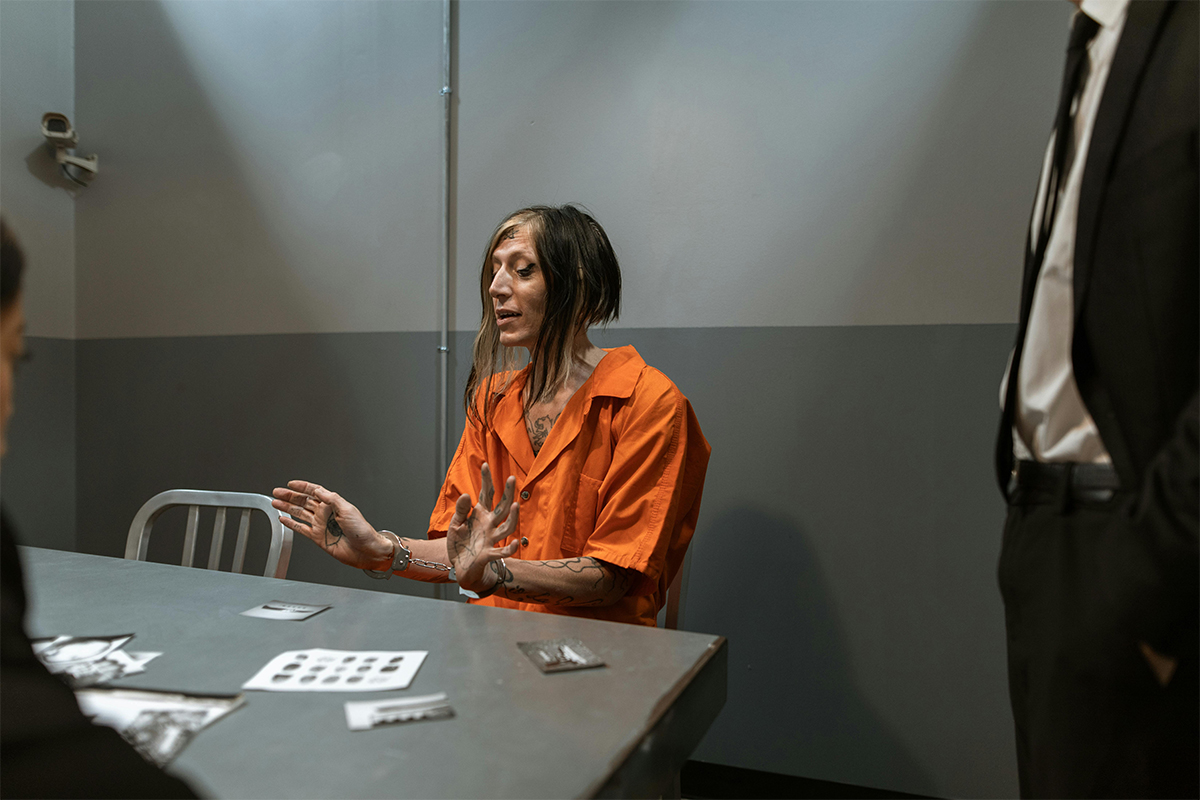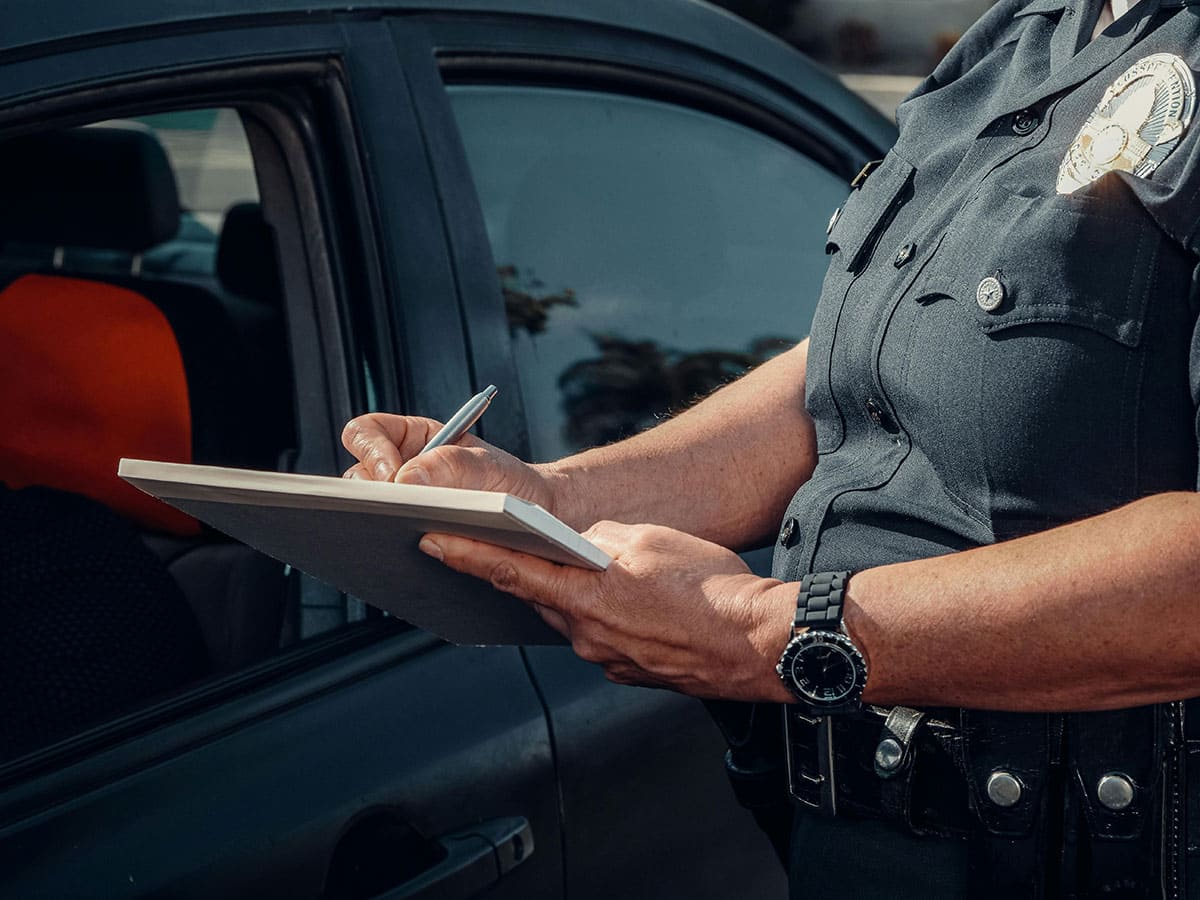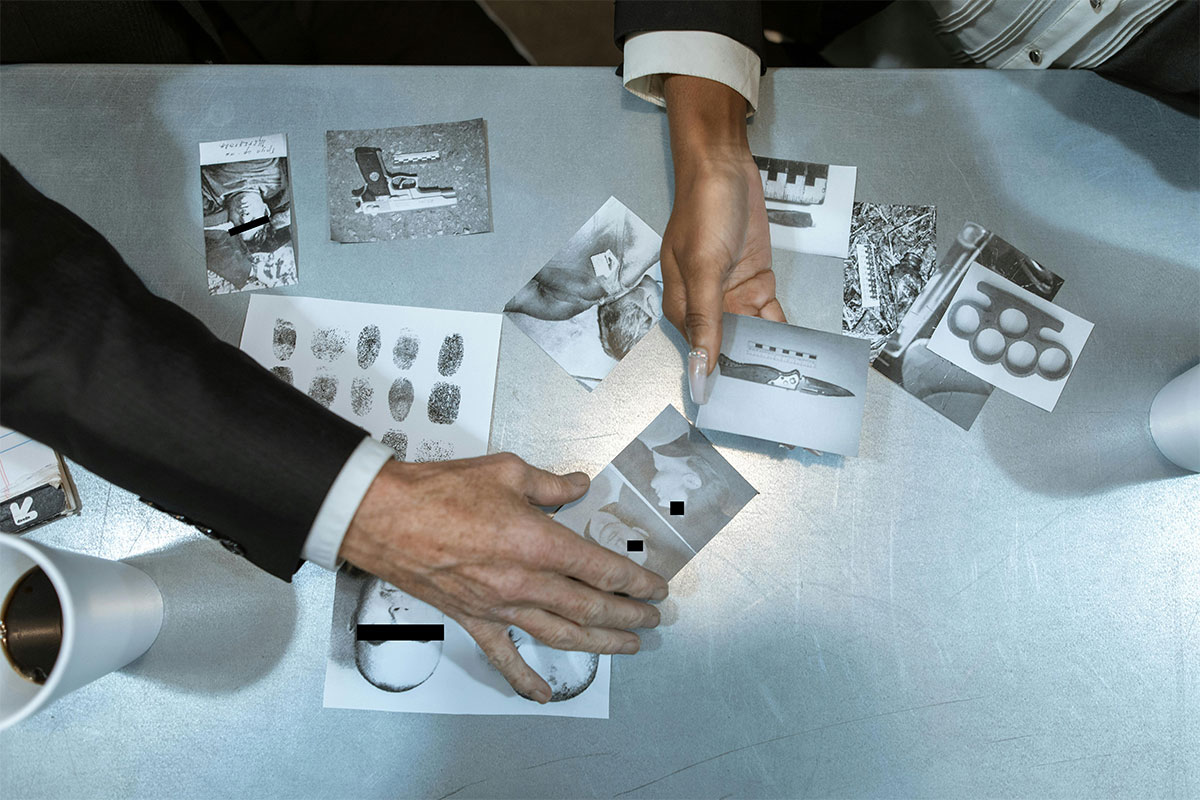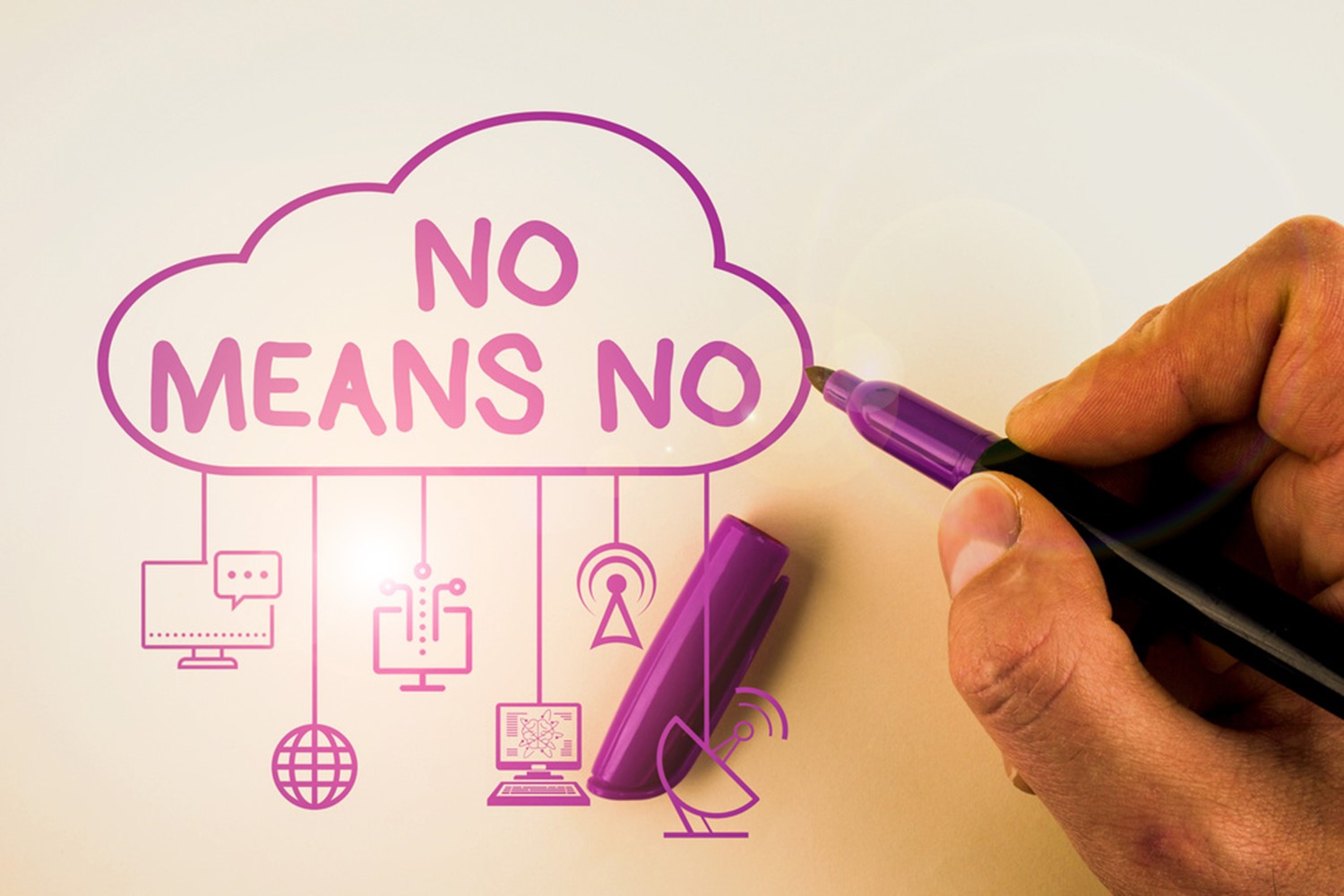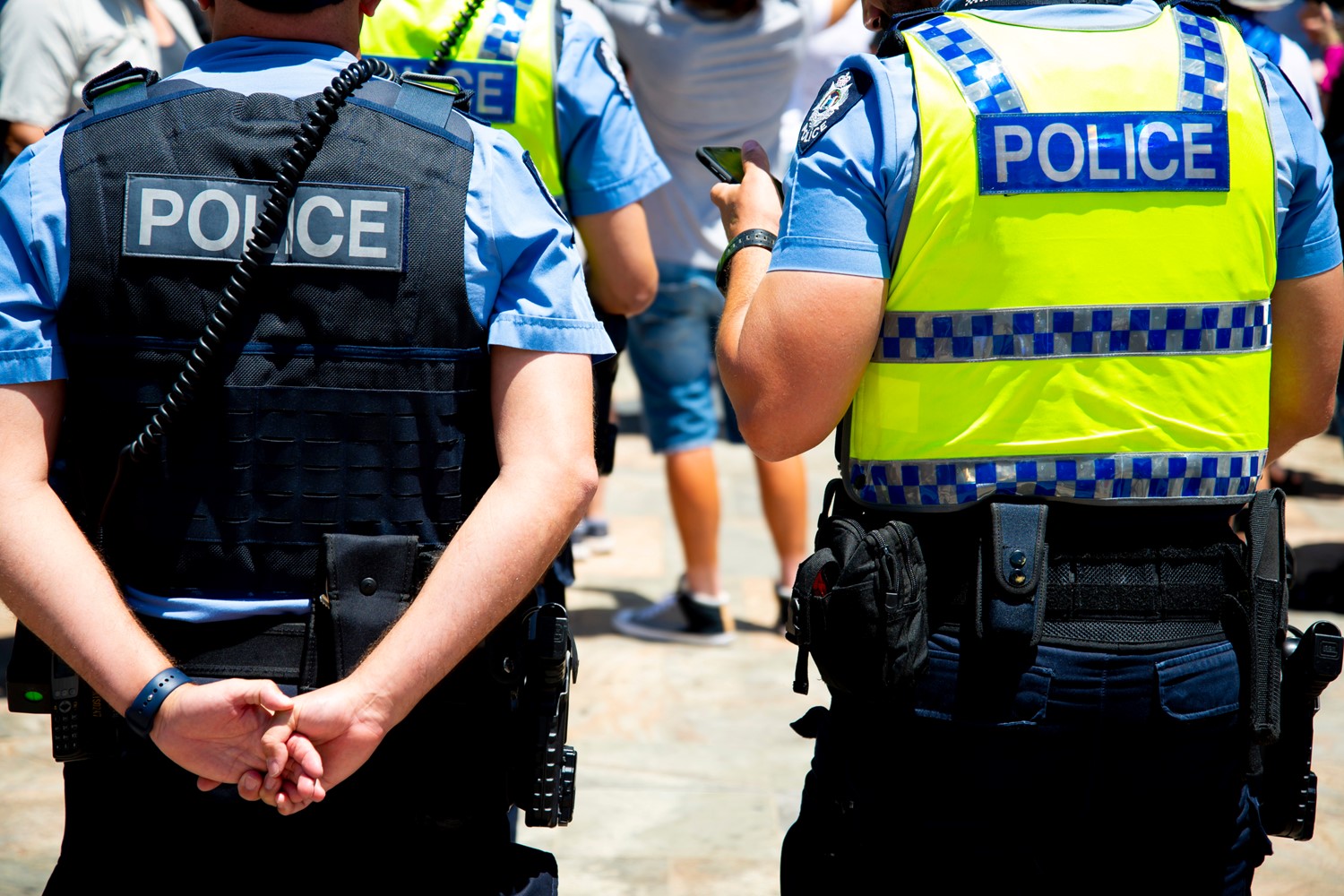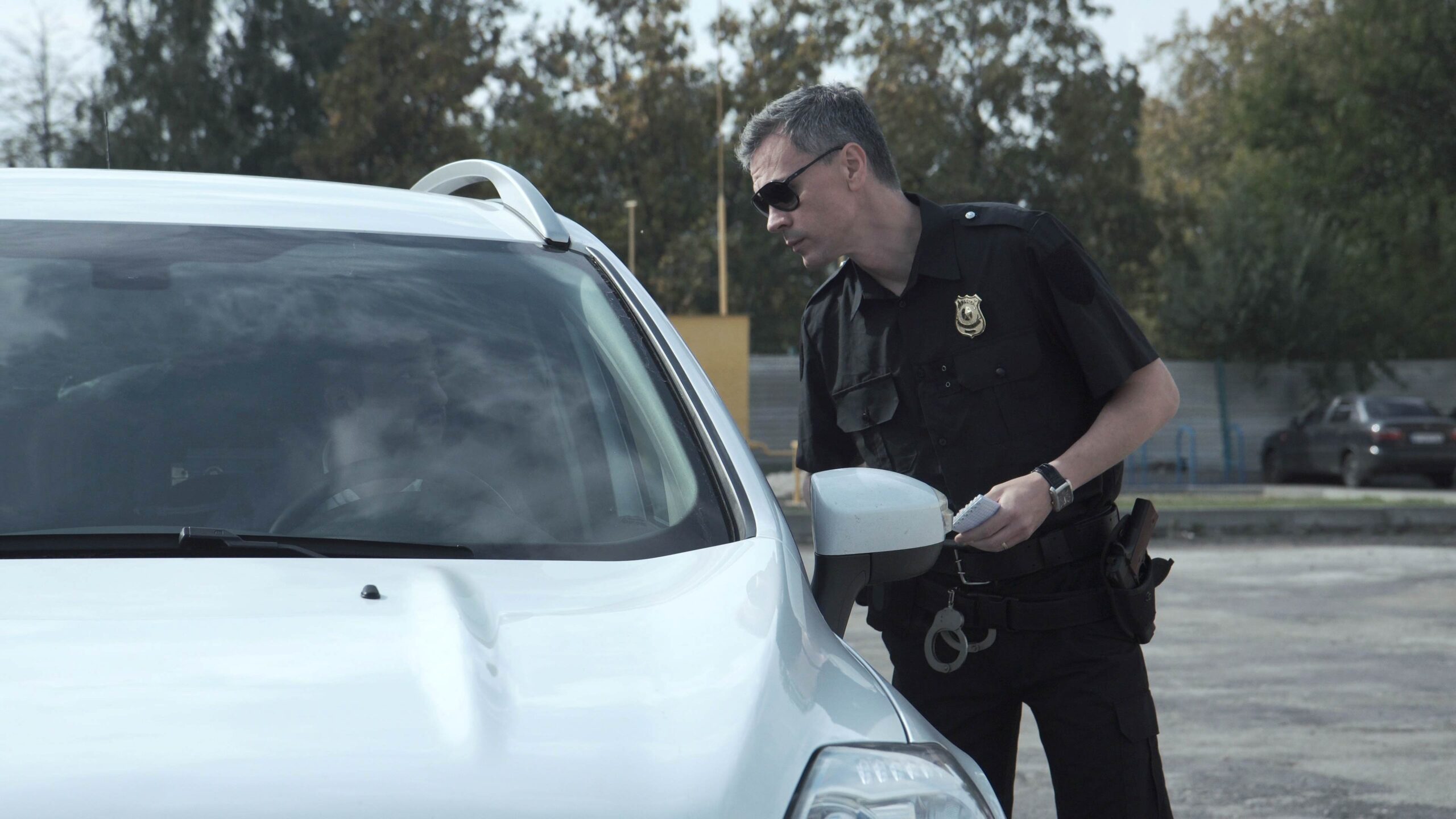Table of Contents
Drug laws in Australia can be somewhat complex mainly because of its somehow mixed system of government. On the one hand, it has a federation of representative democracy. On the other, it’s still a constitutional monarchy running a federation of states. And with it, Australians always need to be mindful of various laws mandated by their federal, state, or territory government. For example, aside from being aware of the provisions related to drug possession in the Criminal Code Act 1995, one should also be mindful of the Drugs Misuse Act 1986 if they’re in Queensland.
Thankfully, if a regular Aussie wants to have an in-depth look at drug laws, they should consult or read about the Drugs, Poisons, and Controlled Substances Act 1981. This act was enacted to amend, repeal, and re-enact various pre-existing provisions and acts like the Health Act 1958 and Crimes Act 1958. A copy is available for download if you want to read more about it from your respective province government website. (1)
If you wish to know more about drug possession as a criminal offence, continue reading this article. However, as a disclaimer, reading the whole act is recommended as this article can’t be considered a substitute. Nonetheless, this article can give a guideline on when the government can decide if a person can become criminally liable when possessing controlled substances.
The Basics: What Is Drug Possession
It’s crucial to know what constitutes drug possession. Under the law, a person is considered in possession of drugs if they received, obtained, and have control over the location of illegal substances. The question now is, “Is having a small amount of controlled drugs enough for it to be an offence?”
The Quick Answer
Under the Criminal Code Act 1995, s. 308.1, if a person possesses a controlled substance, they commit an offence. People possessing small amounts of a controlled substance are often given this offence as it’s considered the base or simple offence and is not tried for other offences under other drug possession laws. (2)
However, despite being considered base or simple, it can still subject the defendant to a maximum of two years of imprisonment if found guilty. For the offence to be fully established or acted upon by the prosecution, the suspect must:
- Know that the substance in question is in their possession
- The substance in their possession is a controlled plant or drug
- Despite knowing that the substance is a controlled plant or drug, they continued to keep it in their possession (2)
Typically, there are cases where defendants are unwillingly in possession of controlled drugs. If the defendant is in that situation, they can defend themselves against the prosecution and claim that they’re in a state of duress, in which they need to prove the following:
- The defendant possessed the substance because they or their family members are under threat of severe injury or death.
- The defendant can’t nullify the threat, meaning they have no other means of resolving or preventing the threat on their own aside from agreeing to possess the controlled substance.
- The defendant acted most reasonably in their situation, meaning that other people in the same situation would act the same.
Controlled Substances
What are drugs that are legal and illegal in Australia? The legal drugs in the country are over-the-counter (OTC) drugs, prescribed drugs, nicotine, caffeine, and alcohol. Meanwhile, illegal drugs in Australia are heroin, ecstasy (MDMA), cannabis (marijuana), and amphetamines. (3)
Drug Offence Categories
In Australia, drug possession is categorised into two.
- A person possessing drugs can be put into the first category (Category 1) if they are suspected of having unlawfully imported the drugs in question or is involved in trafficking drugs.
- A person possessing drugs is placed under the second category (Category 2) if the possession of drugs is unrelated to unlawful importation. This means that they may be sourcing their drugs locally or might be manufacturing or cultivating them for themselves. (4)
The Maximum Penalties
- For both Category 1 and Category 2 cases, the severity of imposed penalties mainly depends on the number or quantity of drugs in their possession. People who are found with commercial quantities are often given lifelong sentences.
- People who have marketable quantities may be given up to 25 years of imprisonment.
- People who have anything less than the set marketable quantity may be given at least two years in prison. (4)
Quantity is usually measured by weight and each drug and plant has specific weight classifications. For example, in New South Wales (NSW), 25 kilos of cannabis will be considered marketable quantities, but if the weight reaches 100 kilos or more, it would be considered commercial quantities. (5)
Take note that weight classification may differ from state to state.
Conclusion
In summary, people can be accused of a criminal offence if they know that they possess illegal drugs, plants, or substances but recklessly continued keeping them despite potential legal repercussions. The penalty will also depend on the amount of drugs they have in their possession. Also, the way they were able to get a hold of controlled substances can affect how their case will be treated.







